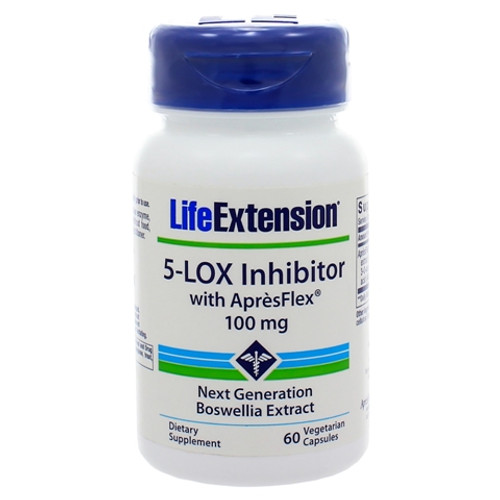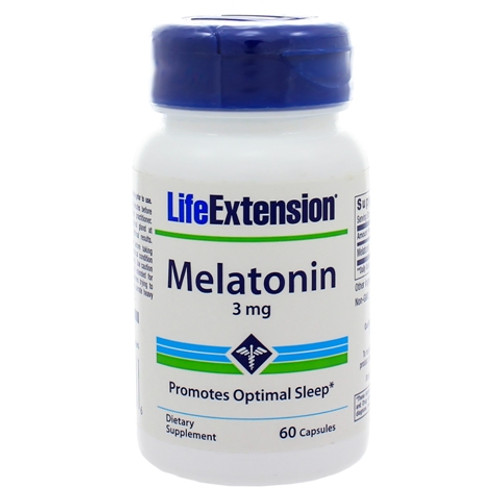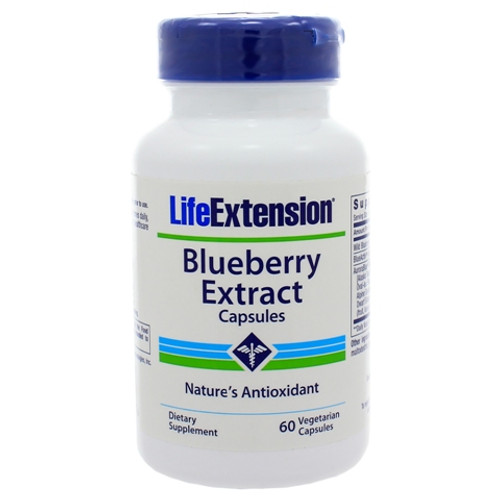5-lipoxygenase (5-LOX) is a member of the lipoxygenase family of enzymes. It transforms fatty acids into leukotrienes. Excess levels of the enzyme 5-LOX sets in motion inflammatory responses that have been linked to common effects in aging individuals.70-74
Normal aging results in higher-than-desired levels of 5-LOX.
The typical American diet adds to the danger. Foods rich in omega-6 fatty acids like red meat, poultry, eggs and dairy products, along with high-glycemic carbohydrates, trigger overproduction of arachidonic acid. In response to high levels of arachidonic acid, the body produces the 5-LOX enzyme.
5-LOX breaks down arachidonic acid to pro-inflammatory compounds like leukotriene B4, 75 a molecule that mediates attacks to joints, arterial walls, and other tissues. 5-LOX itself facilitates undesirable cell division changes. 76, 77
The good news is that an extract of the Indian plant Boswellia serrata has been shown to neutralize 5-LOX. Used for centuries to help with inflammatory factors, boswellia acts as a natural 5-LOX inhibitor, intervening at the cellular level to block its unwanted effects. Confirmatory data reveal that a compound contained in boswellia called AKBA (3-O-acetyl-11-keto-ß-boswellic acid)78, 79 is the key to its beneficial action.
The problem is that boswellia is poorly absorbed into the blood.80 For this reason, a patent-pending, standardized form of boswellia called AprèsFlex® is being introduced. AprèsFlex® absorbs into the blood 52% more than previously available boswellia extracts.80
Each 100 mg vegetarian capsule of 5-LOX Inhibitor with AprèsFlex® is standardized to provide 20% of active AKBA from boswellia. Most people need only one capsule a day.
References available upon request.












